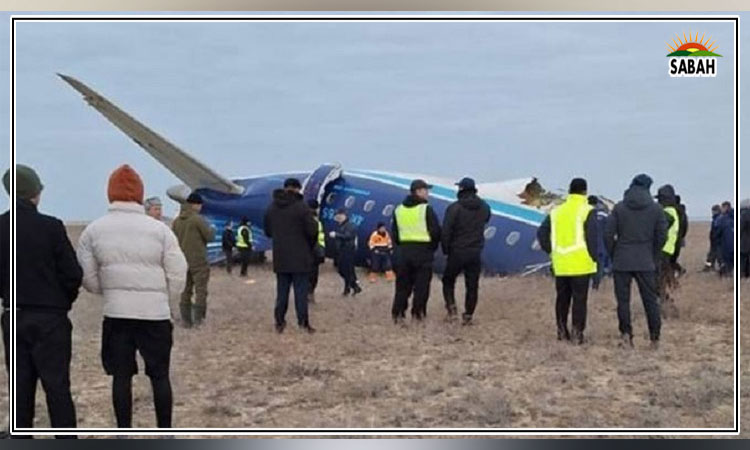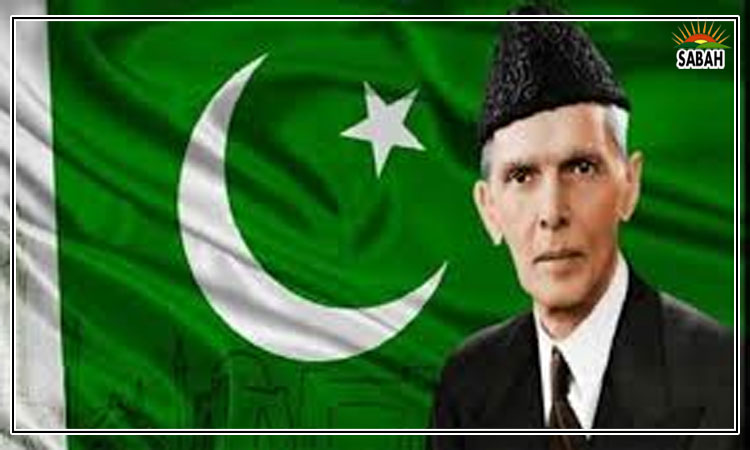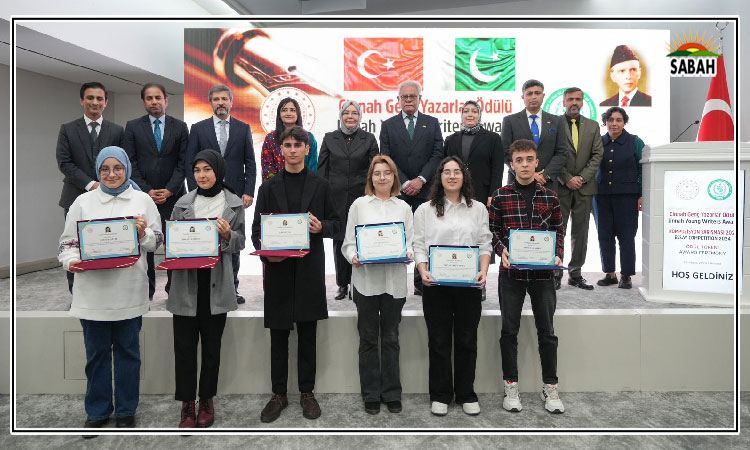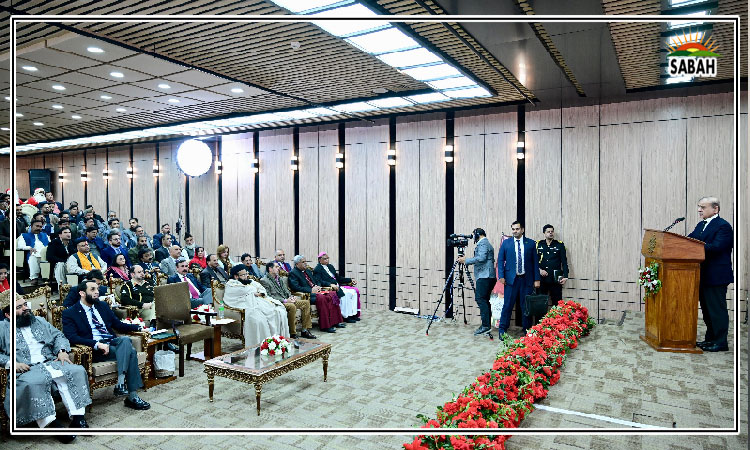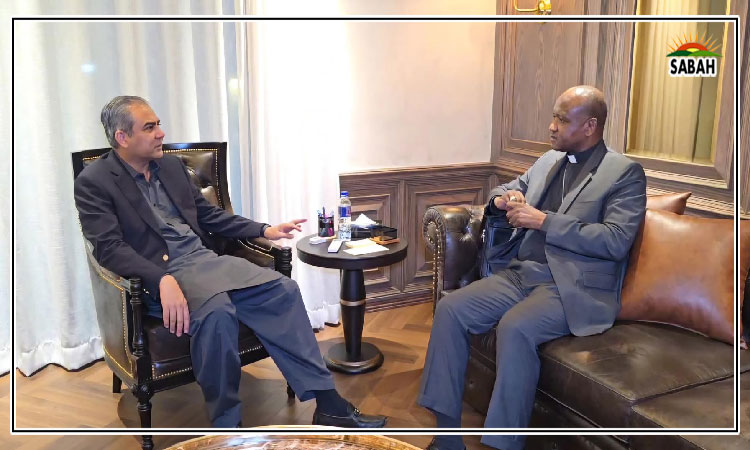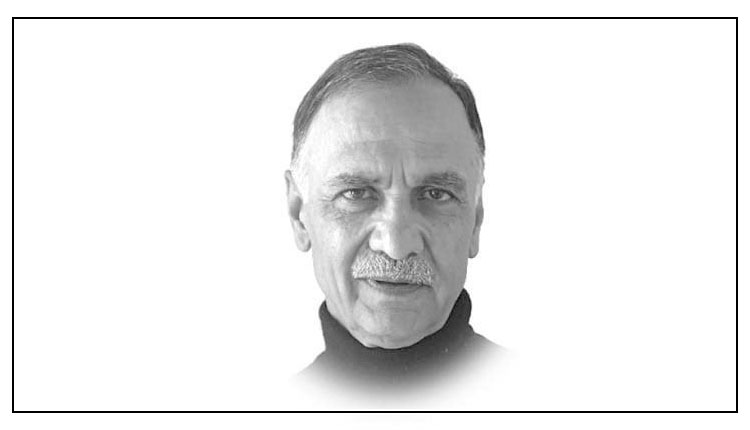Upcoming elections and the need to focus on economy… Daud Khan
The National Assembly has been dissolved. Elections loom and in the coming weeks campaigning will shift into high gear. Given the current highly divisive political climate, major political parties might be tempted to blame each other for the abysmal economic growth, accelerating inflation, the continuing risk of default, and rising poverty.
Parties in the opposition will most likely blame the PDM for its incompetence and its decision to accept the IMFs conditions. The PDM is likely to point to the raft of problems they inherited from the PTI government, as well as the damage caused by the floods, the war in Ukraine and conditions in the international commodity markets. Given the poisonous political climate in the country, there will also be words such as thieves, dacoits, terrorists and traitors flying around.
It would be a pity if the election campaign simply becomes a mudslinging match. It would be even worse if it results in a series of promises for quick fixes which would cater to some interest group or another. It would once again divert attention from underlying problems that underpin the countrys chronic poor performance.
It is worth recalling that Pakistans economy has been characterised for a long time by a boom/bust cycle periods of higher growth that result in increased import demand and shortages of foreign exchange. The resulting balance of payments crisis usually requires an IMF programme, and a monetary and fiscal squeeze that reins in growth. This haphazard trajectory has meant a chronically underperforming economy. Annual per capita growth over the last 20 years has averaged only 2%, half that of other countries in the region.
It would be much better if political parties could focus on telling the electorate how they plan to pull Pakistan out of the prevailing morass. The best way to do this would be if each major political party prepares a list of reforms they would undertake on being elected. They should clearly set out what policy, regulatory and programmatic changes they would make in their first 100 days, in their first six months, in their first year and over the 5-year duration of the legislature.
And it should not be difficult to do this. For the short term, an agreement has already been signed with the IMF. It is critical that political parties publically commit to fully implement what has been agreed viz, fiscal adjustment while protecting critical social spending; a market-determined foreign-exchange rate; an appropriately tight monetary policy aimed at disinflation; and structural reforms, particularly with regard to energy sector, state-owned enterprises and climate resilience. There is little doubt that some of the measures agreed, for example tighter monetary and fiscal policies, will require belt tightening. However, the current situation where government spends more it raises in revenues, and effectively prints money to cover its extravagance is completely wrong. Inter-alia it is the main cause of the galloping inflation that is causing much pain particularly to the poor as well as crowding out private sector investment.
The political parties should also move beyond their usual short-termism and commit to a medium to long term programme of critical reforms in key areas such as agriculture, industrial development, digitisation, climate resilience and export promotion. What needs to be done in each of these areas is known and well understood by all stakeholders. In fact, there is no lack of policies, strategies and action plans on how to improve the economy. And contrary to what is often said, the reforms do not always mean high taxes and prices. In fact, many of the much needed reforms will not cost money and actually reduce public expenditures. For example, billions could be saved by privatising public sector white elephants such as the steel mills; the elimination of ineffective or inefficient subsidies; correct pricing of land and water resources; and the rightsizing of government departments.
Nevertheless, reforms even if they do not cost much will affect some vested interest or other. For example, if public water supplies in urban areas have to be improved, it will impact the tanker mafia; and if property taxes are introduced, it will impact property developers. However, election times provide an ideal time to build up the momentum to undertake reforms that are in the interest of many voters but may negatively affect a few. This opportunity should not be wasted.
In building up an agenda for reform, it would also be desirable if political parties could engage formally or informally with think tanks inside and outside the country. One good way to do this would be to revive the excellent idea that ex-Prime Minister Imran Khan had to create a Council of Economic Advisors. Such a Council would include Pakistani economists inside and outside the country; be headed by a top Pakistani economist of which there are many; and be required to issue quarterly public reports on governments performance and its policy stance. And, what is more important is that the Prime Minster, as well as provincial Chief Ministers, actually consult with this Council and whenever possible follow their advice something that Imran Khan failed to do.
It would also be good if there is a commitment to deal in a continuous and constructive manner with international agencies such as the IMF, the Asian Development Bank, the World Bank, the UN and other multilateral agencies. These institutions have strong technical skills and top-notch professionals and can provide critical help to political parties to chart a detailed reform programme.
A final aspect that political parties must commit to addressing is the very poor capacity of the public institutions to actually get things done. Our Prime Ministers, Chief Minsters, Ministers and even Secretaries and heads of departments love to launch programmes. These are done with appropriate fanfare that includes signing ceremonies and press conferences. But looking back one sees a graveyard of Transformation Projects, Emergency Programmes and Special Initiatives with little or nothing actually achieved. Donor funded projects are chronically behind schedule and even allocations under the regular development budgets are not fully used due to bureaucratic snafus and slow implementation.
However, there are several examples at both provincial and federal level where strong management commitment, constant follow-up and state-of-the-art project and programme management instruments have solved the problem of slow implementation. What is usually lacking is the political will to learn from these examples and apply them across the board. With the economy where it is now, this is time if ever there was to tackle this issue.
Courtesy The Express Tribune


